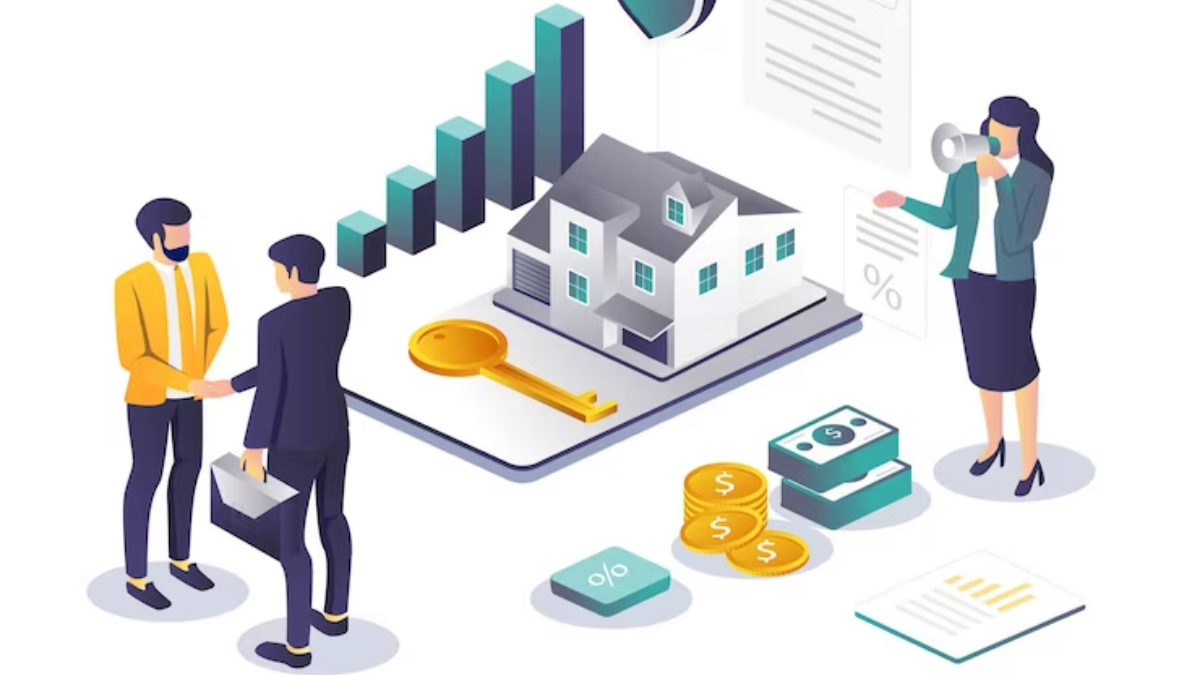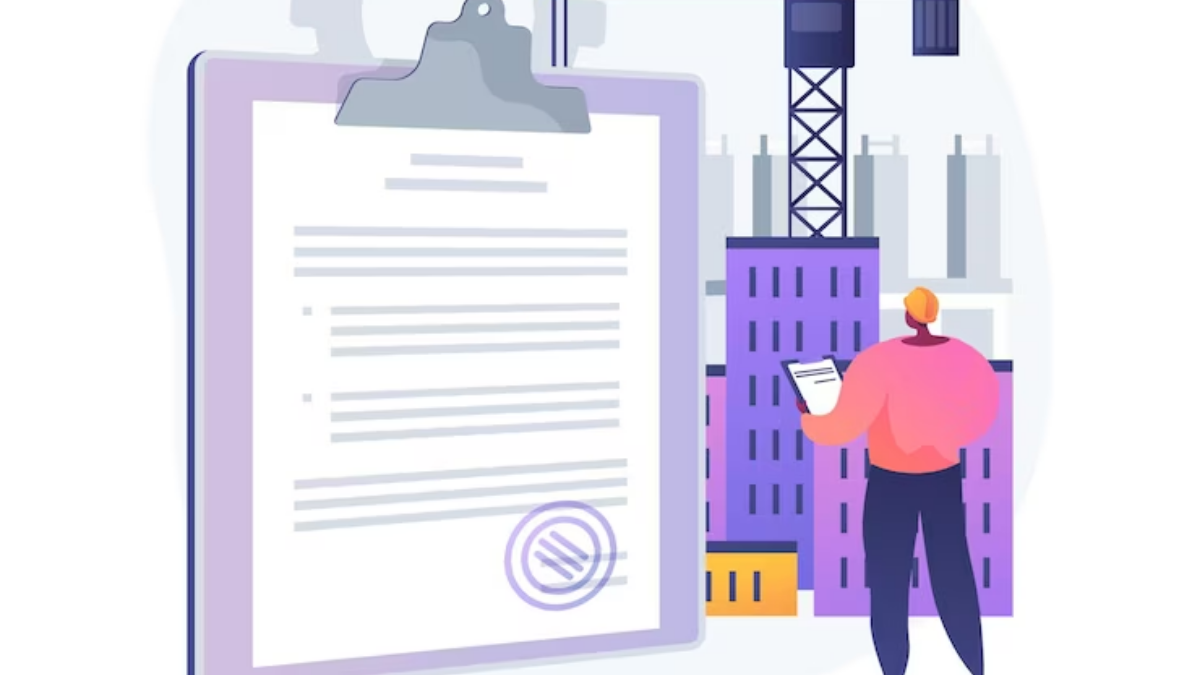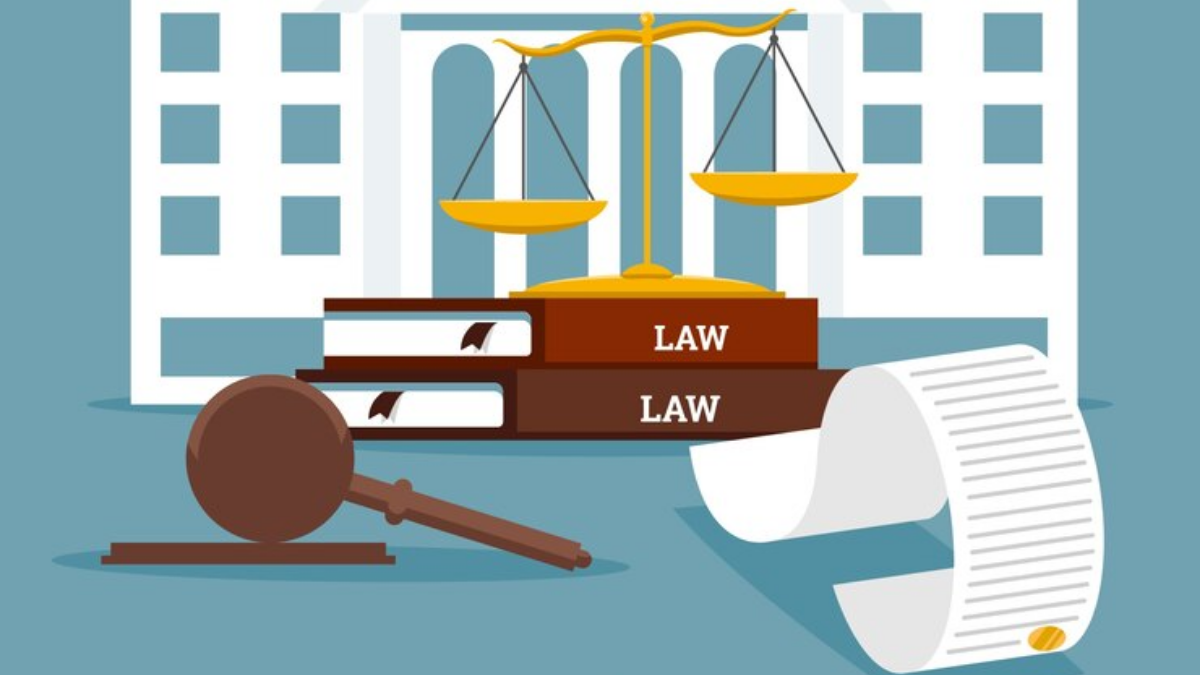In the real estate sector, one is always stressed about extra fees and taxes that are imposed on them. While purchasing a housing project, apart from the basic per sq ft rate, additional costs come into the picture. One of these is the infrastructure charges.
There are 2 types of infrastructure charges :
1. EDC (External Development Charges)
2. IDC (Infrastructure Development Charges)
Be it a developer, a broker, or a buyer, everyone must understand about these infrastructure charges that are imposed on a housing project. One must know the legal requirements and ensure compliance with these government regulations to have a secure property.
Let us break it down and understand these infrastructure charges (EDC & IDC).
Understanding the basics of EDC & IDC as infrastructure charges

Suppose there is a property that a builder wants to develop into a housing project. He must first ensure that the community has the basic infrastructure in place so that the residents can have a comfortable living experience. We can’t live without some essential infrastructure like electricity lines, road networks, water supply, sewerage treatment plants, schools, hospitals, landscaping, etc.
All these amenities are provided by the government. But not free of cost.
They impose a fee on the real estate developers in order to bring such social infrastructure to the property. These charges are called the “infrastructure charges” or sometimes “urban development charges”.
This is a form of fee that is imposed on a housing project by the government on the developers.
The builders/ developers in the real estate sector must pay this fee in order to earn the right to develop their projects.
Ultimately, developers of a property impose these charges on the home buyers, the ones who will benefit from the developed infrastructure.
The RERA (Real Estate Regulatory Act, 2016) acknowledges these charges.
So yes, it is compulsory that all home buyers who wish to buy real estate in a residential project must pay these infrastructural charges to the developer of the project.
What is EDC – External Development Charges?
The charges that are laid by the government on the developers of housing projects in order to provide essential infrastructure and basic amenities (schools, hospitals, pipelines, road networks, fire stations, landscape) to residents are called External Development Charges.
Simply put, EDC is the fee that the developer of a property must pay in return for the government’s facilities that are surrounding the housing project i.e., for the “external” development of the property.
The builders must pay these infrastructure charges to the local authorities, like the municipal authority of that particular area. Real estate developers impose these charges on home buyers as “EDC” to recover their costs of providing external infrastructural amenities that will ensure a quality living experience.
What is IDC – Infrastructure Development Charges?
Now, say there is a new project like the construction of a highway or a new mode of transport like the metro or a power station in your city or across the state.
When any such major infrastructure projects are taken up by the government, it imposes fees called “IDC” or Infrastructure Development Charges on property developers.
This fee becomes part of the state development fund and is used to develop infrastructure projects on a larger scale to ensure the socio-economic welfare of the state.
It is similar to how road users pay road tolls when using that road. The road is constructed by a developer, and to recover the costs, they collect some fees from the road users who benefit from the infrastructure i.e., the road.
As a home buyer, is it mandatory to pay these infrastructure charges?
A simple answer is, if you want to have access to essential amenities like transport/ sanitation/ water, then yes! You must pay these infrastructure charges. In real estate housing projects, external development charges (EDC) are mandatory for any home buyer.
Policies of EDC and IDC development charges

The EDC & IDC policies are a set of rules and regulations set by local authorities in order to ensure fair utilisation of EDC & IDC infrastructure charges for prompt real estate development in the city.
- These policies are guidelines that help in deciding the charges proportional to property development.
- They also help in diverting these funds appropriately for the resources and development of infrastructure projects like roads, public utilities, and services.
- They typically include the calculation methods, the structure, and the charging of external and infrastructure development charges.
Govt. regulations & regulatory compliance, the infrastructure charges
Everyone trusts housing projects that are approved by RERA. That is because RERA is an established authority to whose laws every property developer/ buyer must be compliant. There are legal actions that are taken against the violators of its regulations.
Similarly, certain government regulations are laid down for the infrastructure charges (EDC & IDC) as well. Every builder/ developer must mandatorily be compliant with this regulatory framework.
These laws can be complex and ever-changing. One must stay informed about the latest charges and government regulations.
- Governments have a structure to levy the fee on the developers to ensure fairness across different projects.
- They make sure that the developed properties have environmental compliance.
- They see to it that the funds for EDC & IDC are properly utilised.
- The cost should be disclosed to the home buyers, and transparency on the infrastructure charges is ensured.
- Mandatory payment obligations tie every real estate developer to the external and infrastructure development charges.
Legal Requirements

A legal framework is set out, which must be adhered to by the developers. One must look out for these legal requirements in order to avoid any penalties.
The government first levies EDC on the land built-up area, which is to be paid by the developer.
The developers must operate within these legal boundaries to avoid legal consequences. Here are some ways that you can avoid any hassles that may come your way:
- Keep yourself updated about the charges and building laws
- Consult legal experts for advice
- Mitigate the risks by knowing the consequences of regulatory non-compliance
- Inform & educate your clients clearly about the infrastructure charges
- Check area-wise charges to know the current rates of EDC & IDC
Sometimes, you see housing projects and properties that are missing the fundamental infrastructure, like an absence of proper roads, water networks, etc. It might be because the developer did not pay the EDC IDC to the government. Few property developers collect these charges from home buyers, but they do not pay the government, and these builders have yet to pay the government.
How are these real estate infrastructure charges charged?
We now know that IDC (infrastructural development charges) is levied on the developers to collect funds for the overall welfare of the state.
Unlike IDC, EDC (external development charges) depends on the size of the project.
These charges vary from project to project. Every real estate property is developed differently and in a different area. So, real estate buyers have to pay different costs based on the property rate. One of the most important factors that is considered is the apartment size.
Based on the property development and the size of the apartment purchased, the developer charges a particular amount from the home buyer and pays it to the respective local authority.
EDC accounts for approximately 5-10% of the base cost of the apartment.
The developer usually mentions these costs in the price list of the home buyer.
Can the developers pass on their penalties to the real estate buyers?
For local authorities, EDC is a primary source of income. Developers often struggle to make timely EDC payments, and hence, heavy penalties are levied on them. But the value of this penalty, under any circumstances, cannot be imposed on the project buyers.
EDC should be taken care of by the developers and is chargeable to the buyers based on the size of the property, but the buyers are not responsible for the penalties of the developers.
There is no taxation on EDC & IDC. The external and infrastructure development charges are a type of tax levied by the government. So, if a builder is imposing a tax on EDC & IDC, you can raise a complaint against him.
To conclude the development charges…
These real estate infrastructure development charges depend on the local authority, type of property development, location of the housing project, and its distance from the external infrastructure. Each state and local body has a different fee that they impose. These charges are usually priced per square metre. Generally, residential plotting has a lesser fee compared to commercial projects. Metro cities are charged heavier than cities that are just developing.
So, if you want to know the EDC for your region, you can contact the respective authority or contact experts in the real estate sector.
We hope this blog was insightful. You can comment on your doubts or contact us, we will be happy to answer your queries!
